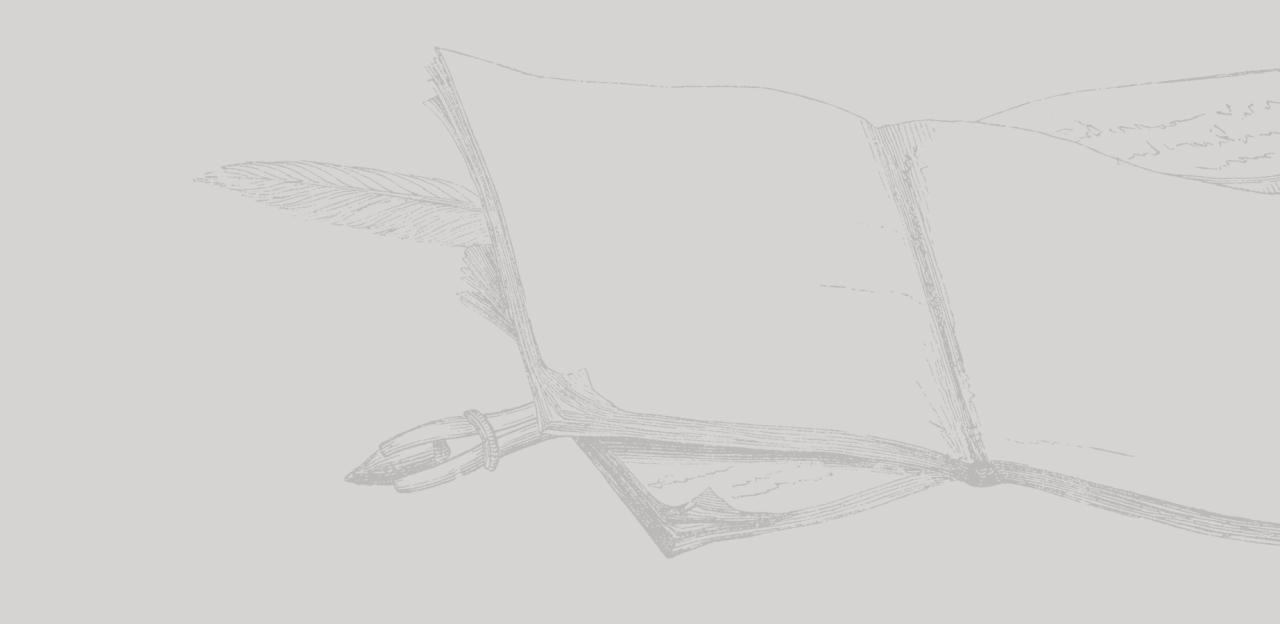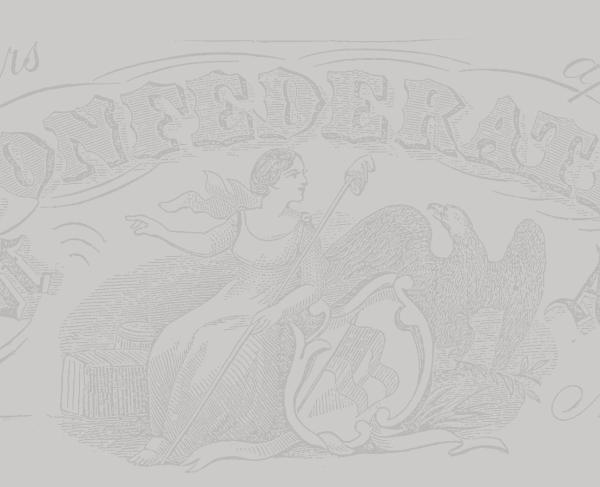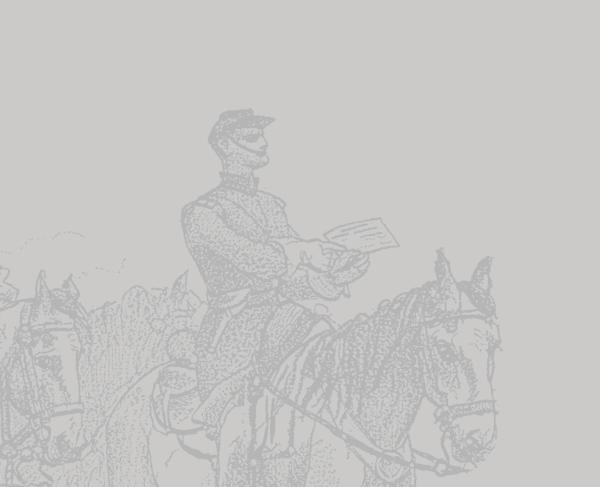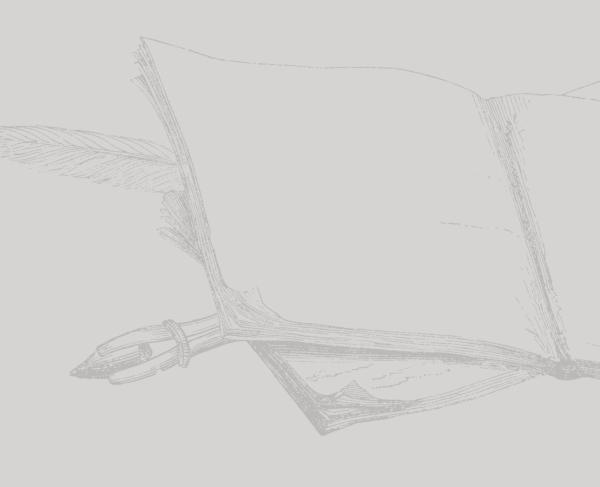Gettysburg: "The Number of Wounded was...Appalling"

Matilda "Tillie" Pierce lived in Gettysburg and was fifteen years old when the Battle of Gettysburg occurred in July 1863. In 1889, she published her memories of the days leading up to the battle and the battle on July 1-3, 1863. The following is an excerpt describing the second day of the battle, July 2, 1863.
The day dawned bright and clear; the hot rays of the July sun soon fell upon the landscape.
As quickly as possible I hurried out of the house, and saw more troops hurrying toward town.
About ten o'clock many pieces of artillery and large ammunition trains came up, filling the open space to the east of us. Regiment after regiment continued to press forward.
I soon engaged in the occupation of the previous day ; that of carrying water to the soldiers as they passed.
How often my thoughts were anxiously fixed on my dear ones at home as the troops hurried along toward town. Were they well? Were they alive? Did I still have a home? These, with many other silent inquiries, sprang to my mind without any hope of an answer.
It was impossible in the present state of affairs to expect any tidings from them.
During the early part of the forenoon my attention was called to numerous rough boxes which had been placed along the road just outside the garden fence. Ominous and dismal as was the sight presented, it nevertheless did not prevent some of the soldiers from passing jocular expressions. One of the men near by, being addressed with the remark that there was no telling how soon he would be put in one of them, replied :
"I will consider myself very lucky if I get one."
This forenoon another incident occurred which I shall ever remember. While the infantry were passing, I noticed a poor, worn out soldier crawling along on his hands and knees. An officer yelled at him, with cursing, to get up and march. The poor fellow said he could not, whereupon the officer, raising his sword, struck him down three or four times. The officer passed on, little caring what he had done. Some of his comrades at once picked up the prostrate form and carried the unfortunate man into the house. After several hours of hard work the sufferer was brought back to consciousness. He seemed quite a young man, and was suffering from sunstroke received on the forced march. As they were carrying him in, some of the men who had witnessed this act of brutality remarked :
"We will mark that officer for this."
It is a pretty well established fact that many a brutal officer fell in battle, from being shot other than by the enemy.
Shortly after this occurrence, and while still supplying water to the passing troops, from the pump, three officers on horseback came riding up to the gate. The centre one kindly requested me to give him a drink. I asked him to please excuse the tin cup I then held in my hand. He replied :
"Certainly ; that is all right."
After he had drunk he thanked me very pleasantly. The other two officers did not wish any.
As they were about turning away, the soldiers around gave three cheers for General Meade. The one to whom I had given the drink turned his horse about, made me a nice bow, and then saluted the soldiers. They then rode rapidly away. I asked a soldier:
" Who did you say that officer was? " He replied:
" General Meade. "
Some time after this several field officers came into the house and asked permission to go on the roof in order to make observations. As I was not particularly engaged at the time, and could be most readily spared, I was told to show them the way up. They opened a trap door and looked through their field-glasses at the grand panorama spread out below.
By and by they asked me if I would like to look. Having expressed my desire to do so they gave me the glasses. The sight then beheld was wonderful and sublime.
The country for miles around seemed to be filled with troops ; artillery moving here and there as fast as they could go ; long lines of infantry forming into position ; officers on horseback galloping hither and thither ! It was a grand and awful spectacle, and impressed me as being some great review.
During the whole of this afternoon Mrs. Weikert and her daughters were busy baking bread for the soldiers. As soon as one ovenful was baked it was replenished with new, and the freshly baked loaves at once cut up and distributed. How eagerly and gratefully the tired-out men received this food ! They stated that they had not tasted such sweet bread for a long time. Perhaps it was because they were eating it once more on loyal soil.
It was shortly before noon that I observed soldiers lying on the ground just back of the house, dead. They had fallen just where they had been standing when shot. I was told that they had been picked off by Rebel sharpshooters, who were up in Big Round Top.
Toward the middle of the afternoon heavy cannonading began on the two Round Tops just back of the house. This was so terrible and severe that it was with great difficulty we could hear ourselves speak. It began very unexpectedly ; so much so, that we were all terror-stricken, and hardly knew what to do.
Some of the soldiers suggested that we had better go to a farm house about one-half a mile across the fields to the east ; and acting on their advice we ran thither as fast as we could.
On our way over, my attention was suddenly attracted, in the direction of the town, to what seemed a sheet of lightning. This bright light remained in the sky quite awhile. The first thought that flashed upon my mind was, perhaps it is Gettysburg burning ; and so expressed my fear to some of the soldiers we were then passing. One of the men more bent on mischief than on sympathy, said :
"Yes, that is Gettysburg and all the people in it."
This made me cry, for I thought at once of the dear ones at home.
When we reached the farm-house some of the soldiers who were about the place, seeing me in tears, were touched with compassion, and asked the cause. I told him what had been said to me, and that my parents and sister were in the town. They assured me that in war the rule was, always to allow helpless and innocent citizens to get out of a place, and never to destroy them. I then felt comforted, and they further told me that the light I saw was some signal.
Here we were permitted to remain but a few minutes, for hardly had we arrived at our supposed place of refuge, when we were told to hurry back to where we came from ; that we were in a great deal more danger, from the fact that the shells would fall just about this place, whereas at the house near Round Top the shells would pass over us. So there was no alternative but to retrace our steps about as fast as we came.
During our flight over to the farm-house, and when about half way, Mrs. Weikert happened to think of some highly prized article of dress, that in our sudden flight she had never thought of. Nothing would do but that her husband would have to go back to the house and get it. Thus in the midst of the confusion of battle, Mr. Weikert started back. Just as we were reaching our starting point, we met him coming out with the treasure ; a brand-new quilted petticoat ; and we all went panting into the house.
During the whole of this wild goose chase, the cannonading had become terrible ! Occasionally a shell would come flying over Round Top and explode high in the air over head. Just before leaving so hurriedly, a baking had been put in the old-fashioned oven ; when we came back we expected to find it all burned, but fortunately the soldiers had taken it out in good time. They doubtless had their eye on it as well as on the enemy.
The cannonading, which all the time appeared to be getting more and more severe, lasted until the close of day.
It seemed as though the heavens were sending forth peal upon peal of terrible thunder, directly over our heads ; while at the same time, the very earth beneath our feet trembled. The cannonading at Gettysburg, has already gone down into history as terrible.
Those who are familiar with this battle now know what havoc and destruction were accomplished on this afternoon, on the west side of the Round Tops, at Devil's Den, Sherby's Peach Orchard and the Wheat-field.
During the heavy firing of which I have just spoken, and while Mr. Weikert was in the house searching for the treasure heretofore mentioned, he heard something heavy, fall inside the enclosed stairway. Suddenly the door was burst open, when out rolled the poor soldier who had been wrapped in cotton. He had become terrified at the heavy peals of artillery, and springing from his bed in his blindness, groped around, trying to find the stairs. He was again carried up and after that someone remained with him. This occurrence delayed Mr. Weikert in returning to us across the fields, and hence it was that we met him just leaving the house on our return.
Between four and five o'clock in the afternoon, I heard some of the soldiers about the house saying:
" The Rebels are on this side of Round Top, coming across the fields toward the house, and there will be danger if they get on the Taneytown road. "
Just then some one said that the Pennsylvania Reserves were on the way, and having a brother in the First Regiment of the Reserves I was anxious to see whether he would be along.
As I went out to the south side of the house I looked in the direction of Round Top, and there saw the Rebels moving rapidly in our direction.
Suddenly I heard the sound of fife and drum coming from the other side of the barn.
Then some of our soldiers shouted :
“ There come the Pennsylvania Reserves ! " And sure enough there they were, coming on a double-quick between the barn and Round Top, firing as they ran.
The Confederates faced toward them, fired, halted, and then began to retreat. I saw them falling as they were climbing over a stone wall and as they were shot in the open space. The fighting lasted but a short time, when the Confederates were driven back in the direction of Little Round Top. I think they passed between the Round Tops.
On this evening the number of wounded brought to the place was indeed appalling. They were laid in different parts of the house. The orchard and space around the buildings were covered with the shattered and dying, and the barn became more and more crowded. The scene had become terrible beyond description.
That night, in the house, I made myself useful in doing whatever I could to assist the surgeons and nurses. Cooking and making beef tea seemed to be going on all the time. It was an animated and busy scene. Some were cutting bread and spreading it, while I was kept busy carrying the pieces to the soldiers.
One soldier, sitting near the doorway that led into a little room in the southeast corner of the basement, beckoned me to him. He was holding a lighted candle in his hand, and was watching over a wounded soldier who was lying upon the floor. He asked me if I would get him a piece of bread, saying he was very hungry. I said certainly, ran away and soon returned. I gave him the bread and he seemed very thankful. He then asked me if I would hold the light and stay with the wounded man until he came back. I said I would gladly do so, and that I wanted to do something for the poor soldiers if I only knew what.
I then took the candle and sat down beside the wounded man. I talked to him and asked if he was injured badly. He answered:
" Yes, pretty badly. "
I then asked him if he suffered much, to which he replied:
" Yes, I do now, but I hope in the morning I will be better. "
I told him if there was anything I could do for him I would be so glad to do it, if he would only tell me what. The poor man looked so earnestly into my face, saying:
" Will you promise me to come back in the morning to see me. "
I replied: " Yes, indeed. " And he seemed so satisfied, and faintly smiled.
The man who had been watching him now returned, and thanked me for my kindness. I gave him the light and arose to leave.
The poor wounded soldier's eyes followed me, and the last words he said to me were:
" Now don't forget your promise. " I replied:
" No indeed, " and expressing the hope that he would be better in the morning, bade him good night.
Source:
At Gettysburg or What a Girl Saw and Heard of the Battle. A True Narrative by Mrs. Matilda "Tillie" Pierce Alleman, published in 1889.
Related Battles
23,049
28,063


